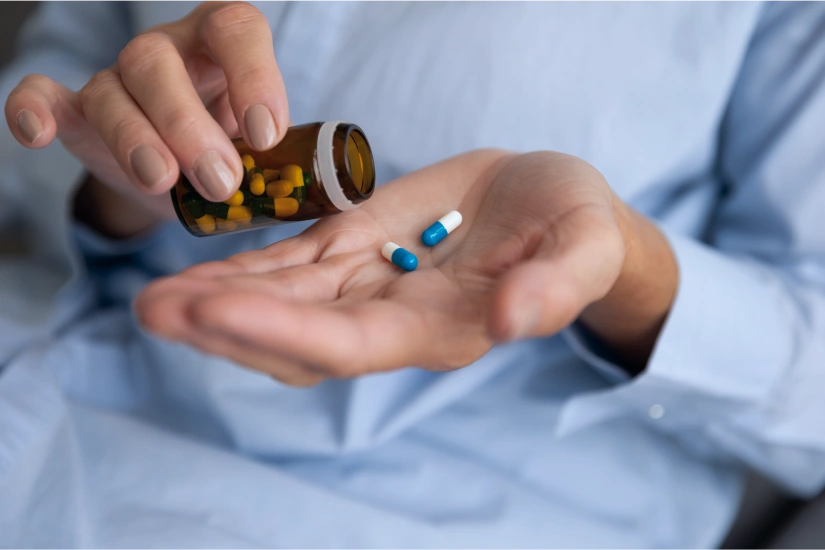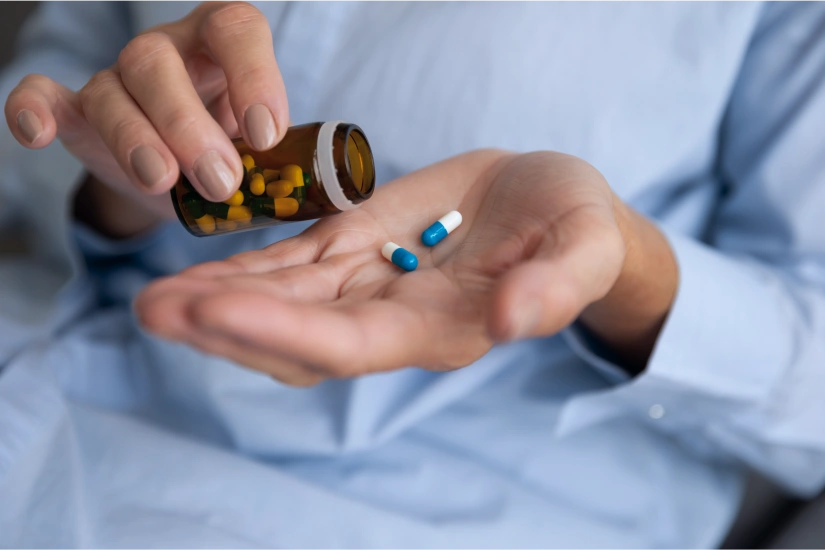24/7 Helpline:
(866) 899-111424/7 Helpline:
(866) 899-1114
Learn more about PTSD Rehab centers in Locust
PTSD Rehab in Other Cities

Other Insurance Options

Private insurance

Aetna

Group Health Incorporated

Ceridian

Providence

Choice Care Network

Health Partners

BlueCross

Horizon Healthcare Service
Beacon

Anthem

MVP Healthcare

CareSource

Health Net

UMR

American Behavioral

WellPoint

Ambetter

Coventry Health Care

EmblemHealth


Monarch
Monarch is a behavioral health treatment rehab facility located in Albemarle, NC for adults and chil...

Stanly Regional Medical Center – Behavioral Health
Stanly Regional Medical Center – Behavioral Health is a private rehab located in Albemarle, North Ca...

Daymark Recovery Services
Daymark Recovery Services is located in Albemarle, North Carolina. Daymark Recovery Services is a no...








































































Genesis A New Beginning
Genesis A New Beginning is a private rehab located in Albemarle, North Carolina. Genesis A New Begin...

AA – Alcoholics Anonymous
AA – Alcoholics Anonymous is a non-profit rehab located in Albemarle, North Carolina. AA – Alcoholic...

Carolinas HealthCare System Behavioral Health
Carolinas HealthCare System Union offers outpatient and partial hospitalization program for those ad...












































